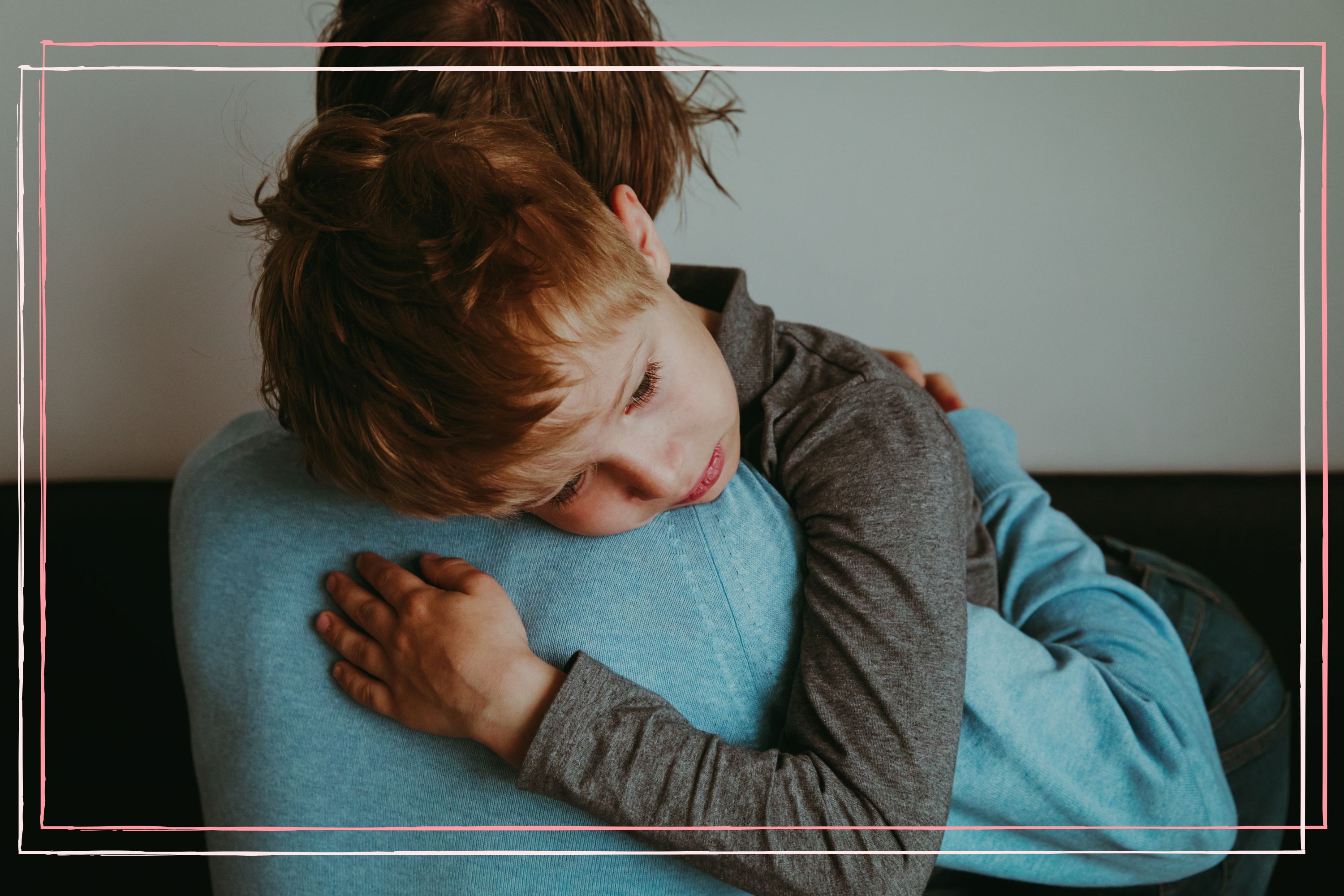
A mental health expert has shared 5 tips for helping your child open up, and the signs they might be struggling to look out for.
5-11 February 2024 marks Children's Mental Health Week, and it's an opportunity for parents to start a conversation about mental health with their children. It can be a difficult topic to broach, but parents who are wondering why their teenager won't talk to them or have noticed that their child has become more withdrawn might find some reassurance from understanding how they're feeling.
This year, the theme of Place2Be’s official Children’s Mental Health Week is 'My Voice Matters', and is encouraging children and young people to use their voices and share what matters to them. With recent NHS data showing that 18 per cent of children aged seven to 16 years and more than a fifth of young people aged 17 to 24 years have a probable mental disorder, there's no better time to start the conversation.
With that in mind, Dr. Katy James, mental health clinical director at UK healthcare provider, Vita Health Group, has shared her advice for parents on how to help children and young people open up about their mental health. She has put together a quick guide for parents, which includes the common warning signs a child or young person may be struggling with their mental health, and advice on how to talk about it.
Dr. James explains, “It can be difficult to spot when a child needs support with mental health issues, and it can be tricky for young people to speak out about the challenges they're facing. So it’s really important that parents, caregivers and family members are able to recognise the signs that a child or young person may be struggling with their mental health, and they know ways to help them talk.”
Warning signs of mental health issues in children and young people
- Withdrawal – no longer doing the things they used to enjoy
- Significant changes in behaviour and mood
- Self-harming
- Changes to sleeping patterns
- Unexplained physical changes such as weight loss or weight gain
- A sudden, negative change in academic performance
- Isolation and withdrawal from social situations
- Refusal to attend school
Ways to help a child or young person talk about their mental health
“Talking isn’t always easy, but giving children and young people the space and opportunity to open up is one of the most helpful things we can do to support their wellbeing,” says Dr. James.
“It’s sometimes helpful for children and young people to talk whilst they are doing an activity. This can take the pressure off the child needing to make eye contact and makes the conversation feel much more natural and relaxed.”
Dr. James suggests that it could be helpful to try the following activities:
- Cooking or baking
- Playing football
- Going for a walk
- Being creative - drawing, painting or arts and crafts
- Going for a drive together
If you’re trying to discuss a tricky subject with a child or young person, Dr. James suggests parents and caregivers follow these five general principles:
- Help them to feel safe and comfortable
- Show that you’re listening and hearing what they’re saying
- Allow them to set their own pace and be patient
- Avoid displaying strong emotions and stay neutral
- Stick to facts - it’s okay if you don’t know the answer, be honest
Dr. James adds, “When children and young people are struggling, it’s important they understand that they are not alone. If you think your child is showing signs that they are struggling with their mental health, contact your GP for support. They may recommend a referral to another service for assessment or support to help your child manage this. It could also be beneficial to reach out to your child’s school as they can often make referrals into mental health support services available to them via education networks and local authorities.”
Online support services available for parents and carers
- MindEd - MindEd is a free learning resource about the mental health of children, young people and older adults www.mindedforfamilies.org.uk
- Action for Children - Parent Talk is Action for Children’s online advice hub, providing expert articles on common parenting questions. There's also a live chat to connect directly to a qualified parenting coach www.actionforchildren.org.uk
- Anna Freud - Anna Freud is a mental health charity for children and families, offering advice and guidance for parents and carers to help them support a child or young person experiencing poor mental health www.annafreud.org
In related news, one in five 16–25-year-olds miss school or work due to poor mental health, while 'teen-ternity leave' is an increasingly popular option for parents of older kids. And if it feels like your teenager is tuning you out, they probably are, but research proves it’s not personal, just science.







